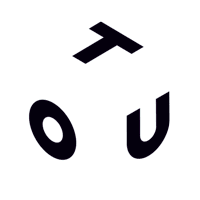Eduardo Scaramuzza has been involved in Tou’s activities on several different occasions. You may know them as a co-founder of KRA, photographer of performing arts, composer, drum teacher and international music ambassador. This is an artist who has many passions and ambitions, and therefore was a perfect candidate for the Tou mentor program. About a half year in the program, we are checking in to see what’s new.
Tell us a bit about your background.
I am educated as a musician, I have a Bachelor’s and Master’s degree, also planning to apply for a PhD. As I come from a family of educators, I feel the constant need to keep learning and I also like to teach others. I first started teaching music, specifically percussion, when I was 18 and still keep doing that, as it feels natural for me. It is also the best way to learn!
Originally you’re from Brazil, how did you end up in Norway?
That was a long journey! It all started with an exchange project between Brazil and several other countries, called MOVE project. I wanted to go to Malawi, but because the grant came from Norway, the project officially started here. After that, I spent some time in Malawi and met my former partner from Norway, with whom I started Ta Kagunda Project. We continued to work with the project when we came back to Brasil, while I was also finishing my Bachelor’s degree.
After that, I applied for a Master’s degree in several different cities, including Oslo and Stavanger.
Why Stavanger?
I wanted to study in Oslo, but I didn’t get in there. While applying in Stavanger, my thinking was – well, it is close enough (laughs).
You seem to be involved in many different projects and also creative fields – what do you work with most? Or would like to focus on most?
Well, I do like the variety and it also brings more creative and economical freedom. Since 2020 I am a full time artist. I teach drums at AKKS, which I really enjoy, and would like to do more of.
But I am approached mostly for photography assignments, specifically in performing arts. This is something I started doing more seriously during my stay in Malawi, with encouragement from my brother, who is really good at it.
Another thing I got to practice while in Malawi and later Brasil, was project management, also facilitating events, group classes. So 4 years ago, we established KRA. This started as a temporary project called Kråkeslottet (by Ingvild Thingnes and Lone Eivindsdottir), but everybody seemed to see its value, so we decided to create a permanent space. This was again, all about building community, which to me is very meaningful.
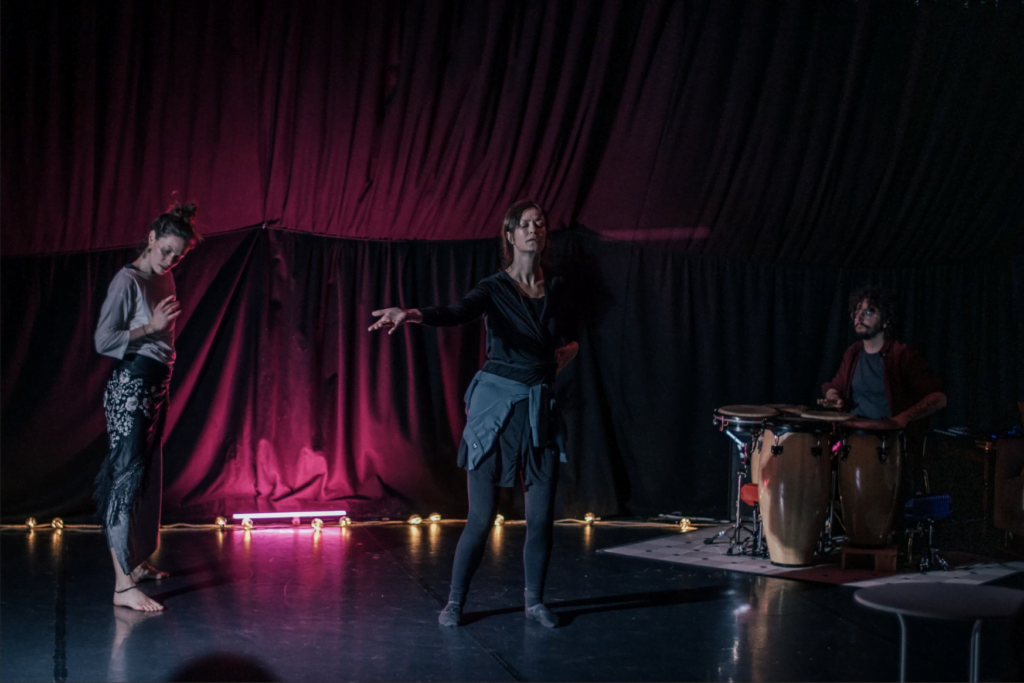
Also the timing was good, because I was just finishing the university, could not get a permanent job, so I had enough time and this was an opportunity to build experience in project management.
What is your relationship to Tou?
I always had a connection to Tou ever since my studies, attended many events here, but it also seemed kind of far away from where I was located, which, I know, is silly but it is a factor – you tend to stick around to where you’re based. Also, it had a bit of a big institution vibe, sometimes seemed like it is not always easy to access.
Hopefully you experience that it is easier now, when you are in the mentor program?
Yes, there has been ups and downs, but generally it has been very useful to be here, meet the people working in the administration and be able to talk informally. I know I could have had access to even more, but sometimes there is just not enough time for everything one wants to do.
What have you been working on during the mentor program?
I have been working on several things, as usual, but one of the main things is this new band that I have been trying to put together for a while now, and finally got some money to kick off the project. The band is called Estuary Ensemble and consists of six international musicians, all from different countries, and I would be managing the band. So I have been researching and composing for them. Most of the compositions are now done and we will have a premiere concert on 15th of June here at Tou, during the Internasjonal Kulturdag. The plan later will be to make a recording in Maskinhallen, like Emilie (Eie), in order to be able to promote ourselves more effectively. And the tour could start in 2025.
What kind of support did you get from Tou?
It was relevant for me to get direct feedback on the applications I have been working on, also I had a chance to discuss the project with Sebastian and Morten. When I had questions related to performing arts, I could talk it over with Ingvild right away, which saved me so much time and effort.
There are still things that I want to learn, if I have enough time, for example, I want to know more about how to work with lights, not because I would be doing it myself, but it would allow me to communicate what I want more easily, when I need it.
I would also like to get more insight on how to work with booking bands, I am interested in politics around performing arts, and the residencies…
You recently came back from a study trip, also as part of the program. What was the outcome?
Yes, I went to Brussels to work on several things, perhaps mostly related to music and photography. During my stay there, I started a street photography series with people, because I am very curious about documenting real, unstaged relationships between people that I encounter.
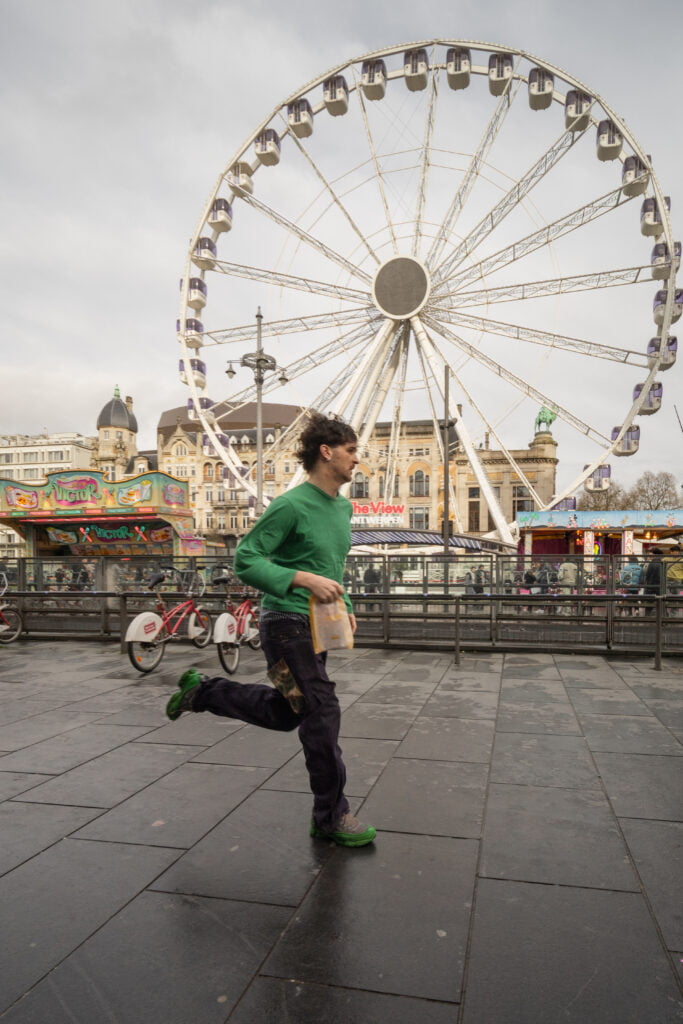
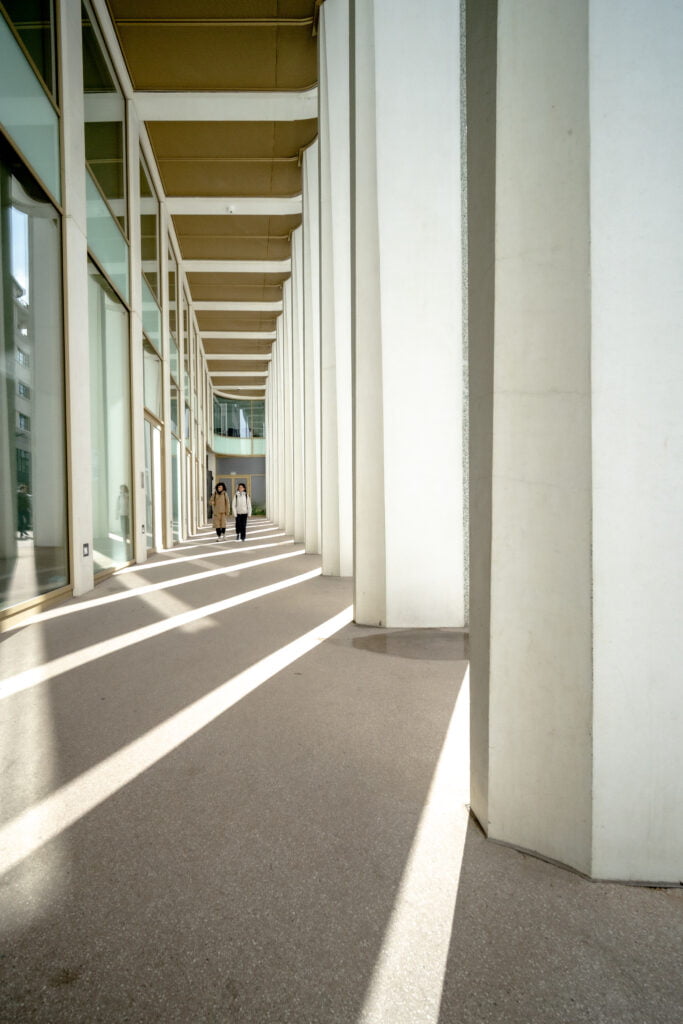
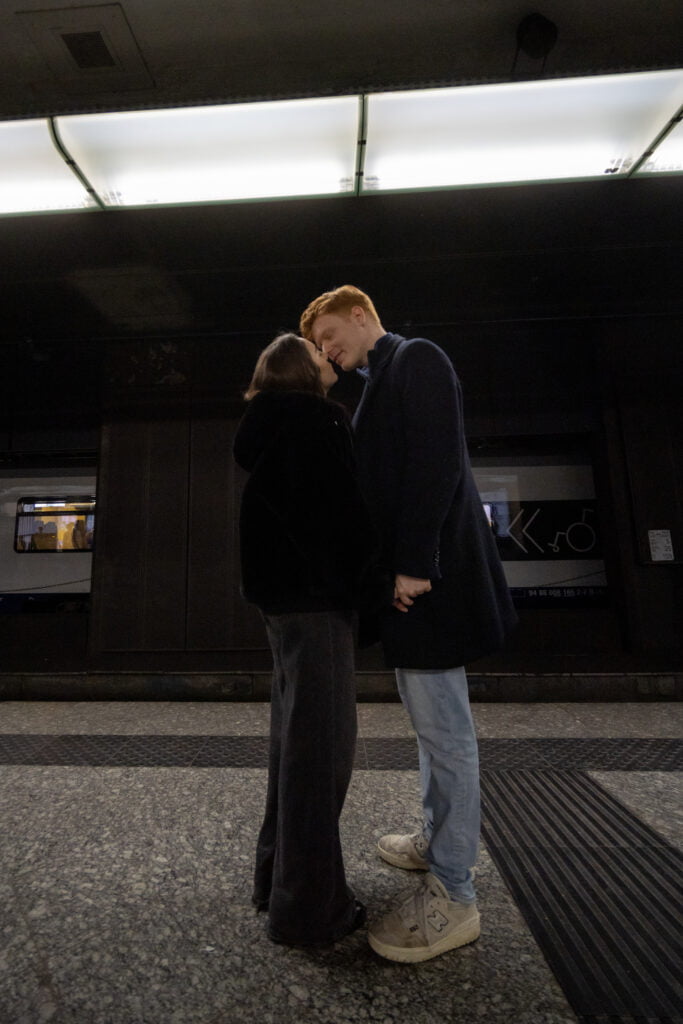
Another thing I did, was meeting a Zimbabwian artist and instrument maker Dingiswayo Juma because I wanted to learn more about the instrument that I have been researching most: mbira. He fixed my instrument, explained the construction and generally was very interesting to talk to.
I also met a legendary Brasilian percussionist Renato Martins, who was performing at Cirque de Soleil. I was lucky enough to get a private session with him which was immensely inspiring for me as a musician and this was probably the highlight of the whole trip.
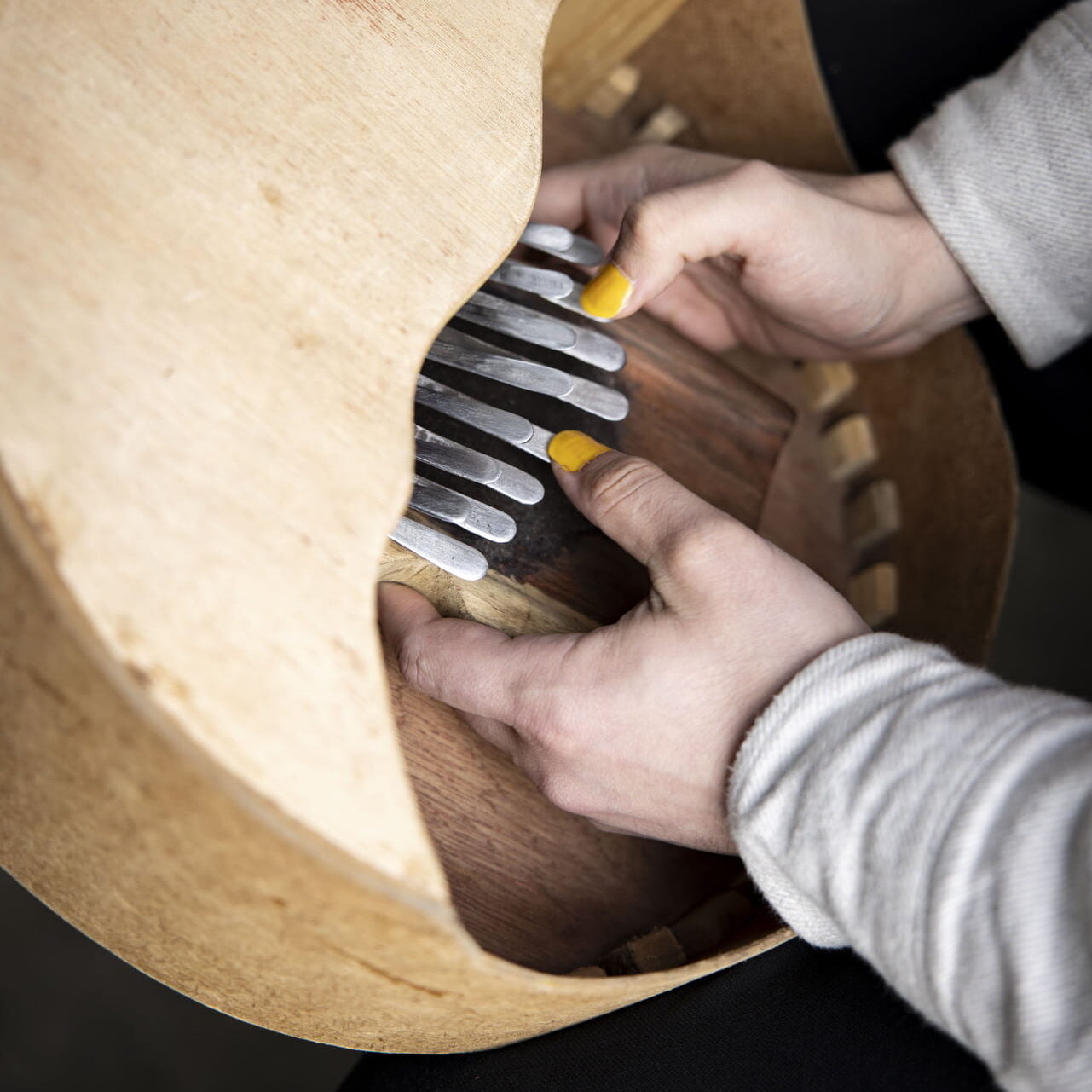
Sounds like the trip was generally useful for you as an artist!
Oh yes, I try to travel as much as I can, in order to widen my network and learn something that I can use further in my profession(s). Because in the end, my main goal is to help people interact, work towards a more diverse and inclusive cultural environment and foster collaborative and multidisciplinary work. As long as I can do that, it does not really matter which artistic field I work in.
